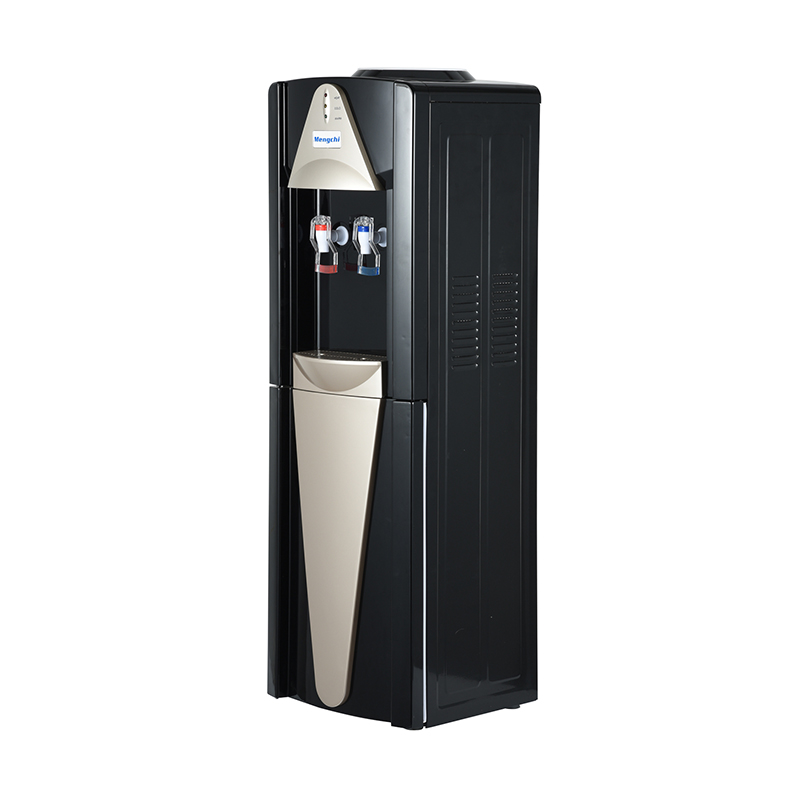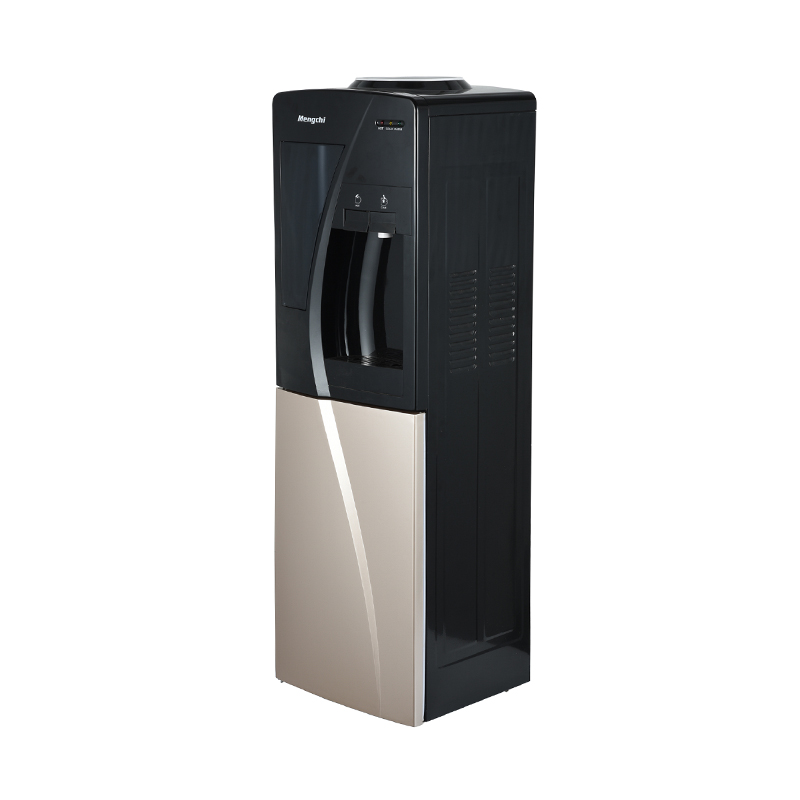The power consumption of car refrigerators is influenced by several factors. Understanding these factors can help you make informed choices about your refrigerator's use and ensure efficient operation.
Refrigerator Size and Capacity:
The physical size and storage capacity of the refrigerator can significantly impact power consumption. Larger refrigerators generally consume more power than smaller ones because they have to cool a larger volume of air and maintain lower temperatures.
Cooling Technology:
The type of cooling technology used in the refrigerator plays a crucial role in power consumption. There are two primary types:
Compressor-Based Refrigerators: These use a compressor similar to a traditional home refrigerator. They are highly efficient but can consume more power during the initial cooling phase.
Thermoelectric Refrigerators: These use the Peltier effect to cool. They are generally less power-hungry but may struggle to maintain very low temperatures in hot environments.
Insulation Quality:
The quality of insulation in the refrigerator's walls and lid affects its ability to retain cold temperatures. Better insulation reduces the need for the cooling system to run continuously, thus lowering power consumption.
Temperature Settings:
The temperature at which you set the refrigerator has a direct impact on power consumption. Lower temperature settings require more energy to maintain. Adjust the temperature to meet the specific cooling needs of your items.
Ambient Temperature:
The external temperature in your vehicle or environment affects how hard the refrigerator has to work. In hot weather, the refrigerator's compressor or cooling system may need to run more frequently and for longer periods to maintain the desired internal temperature, leading to increased power consumption.
Frequency of Door Openings:
Opening the refrigerator door frequently and for extended periods allows cold air to escape and warm air to enter. The more often you open the fridge, the harder the cooling system has to work to compensate, which can lead to higher power consumption.
Contents and Load:
The type and amount of items inside the refrigerator affect power consumption. A full refrigerator tends to be more energy-efficient because the thermal mass of the items helps maintain stable temperatures. Conversely, an empty refrigerator requires more frequent cooling cycles.
Power Source:
The type of power source you use can influence power consumption. Running the refrigerator off your vehicle's battery may have different power consumption characteristics compared to using a dedicated auxiliary battery, a portable power station, or a solar power setup.











